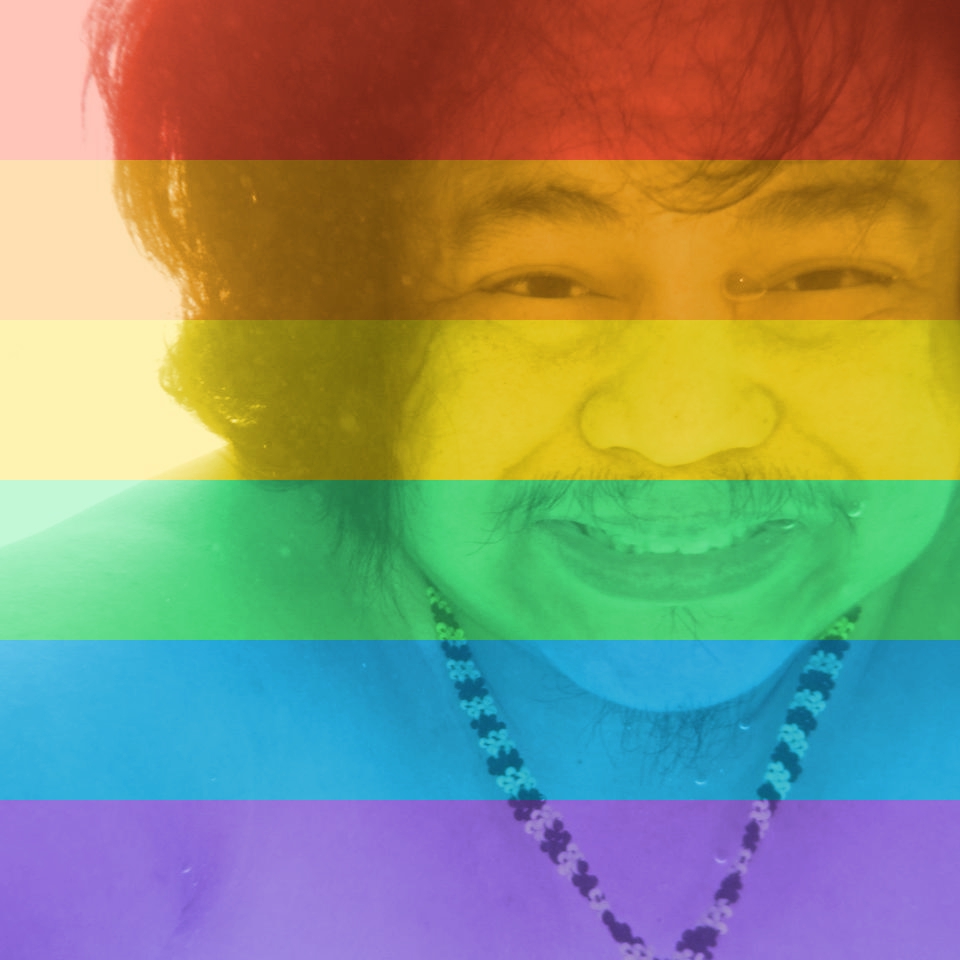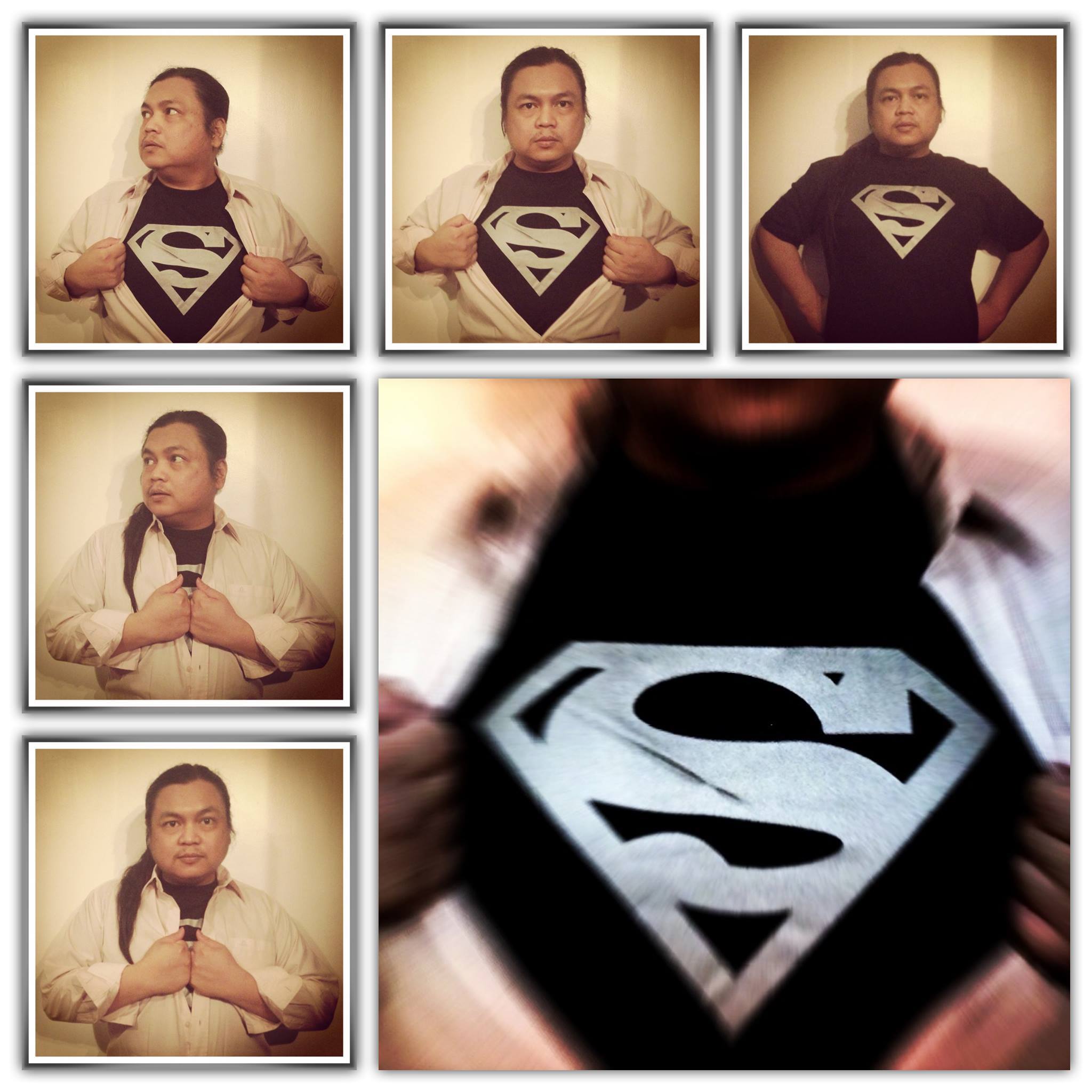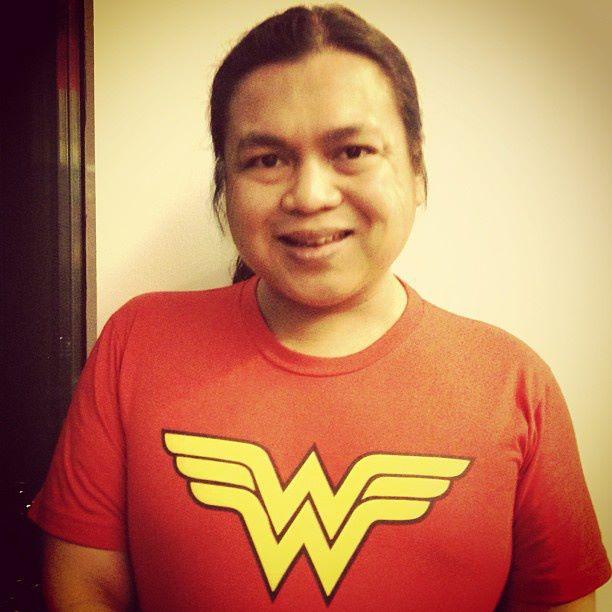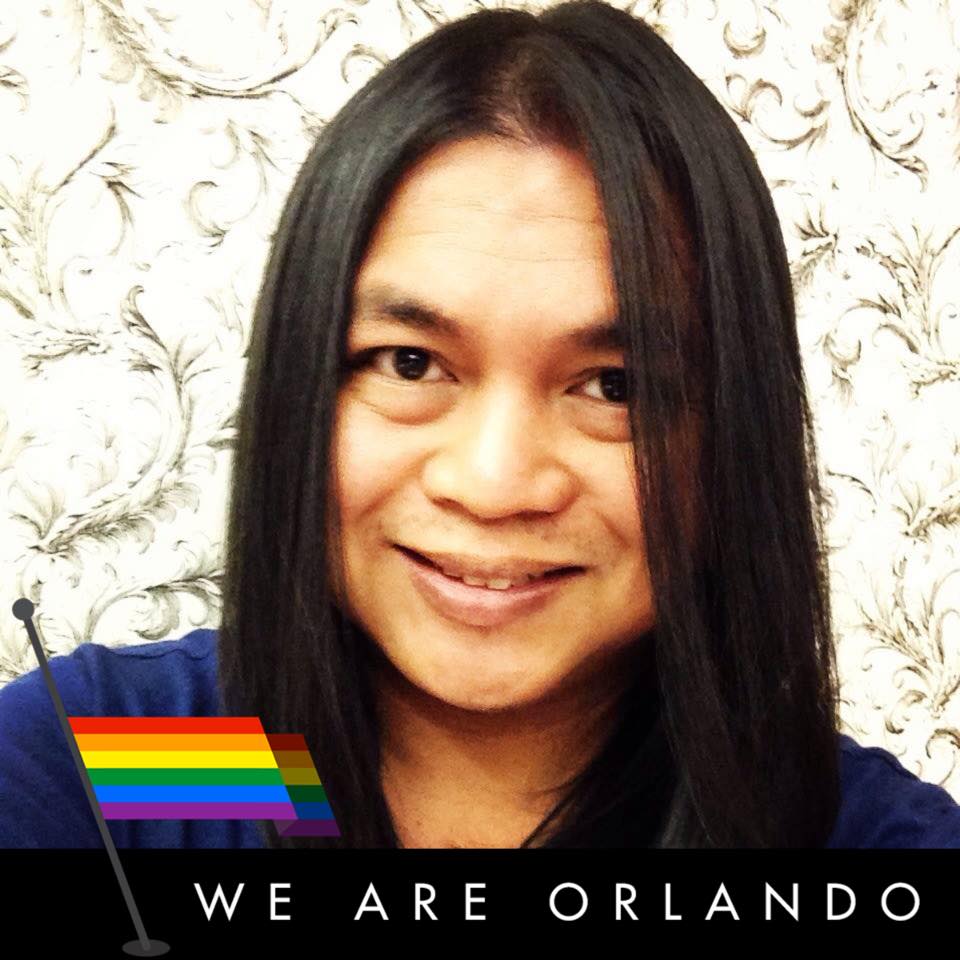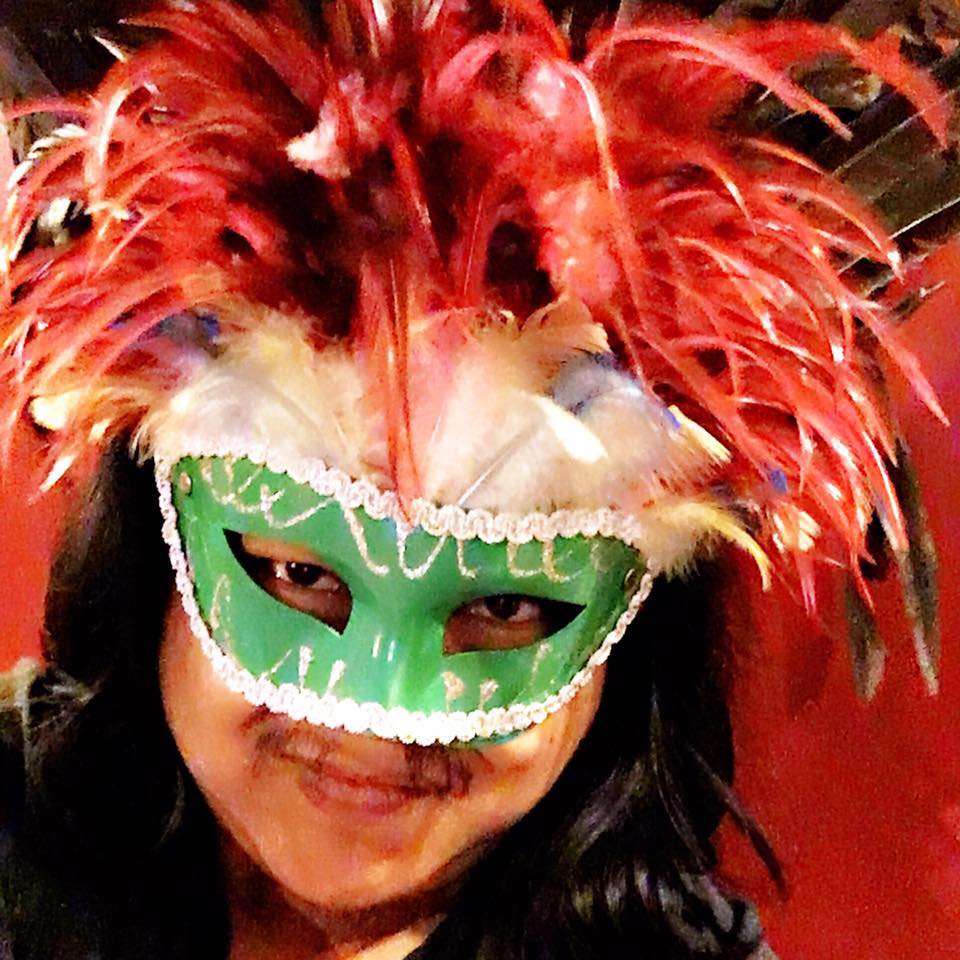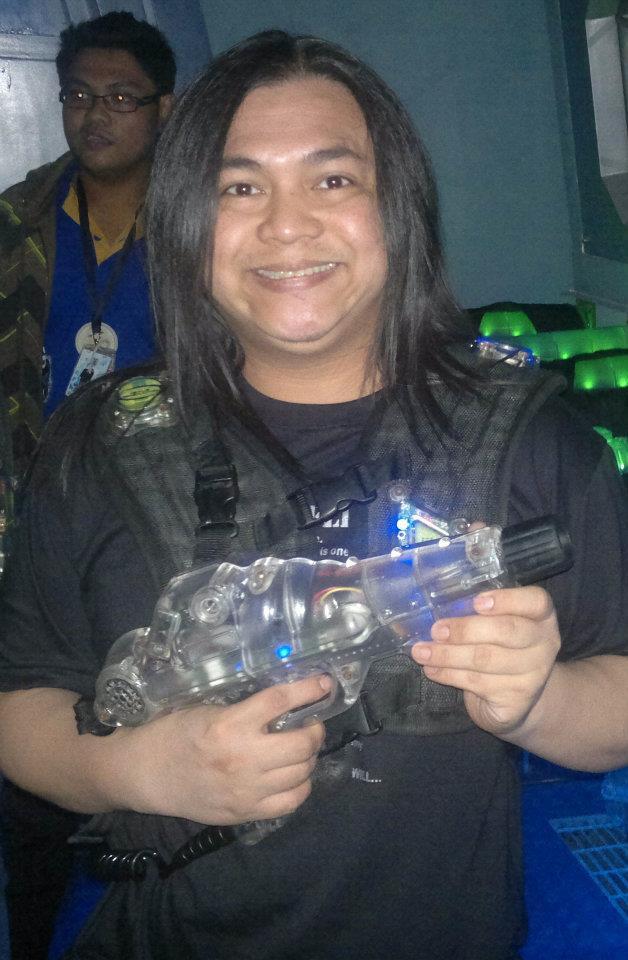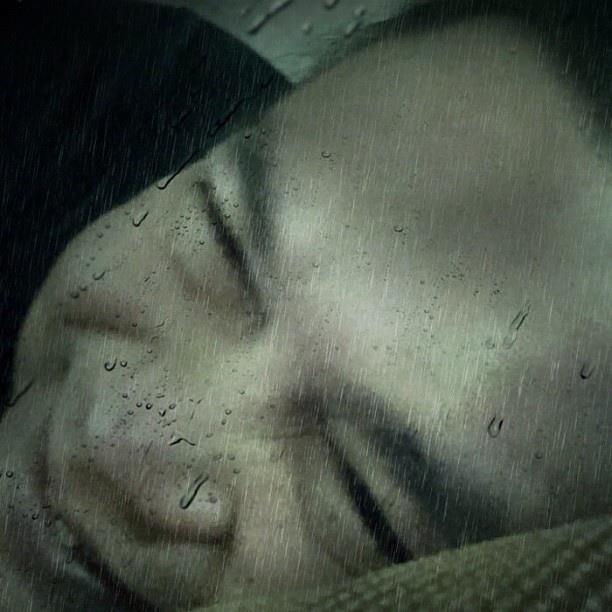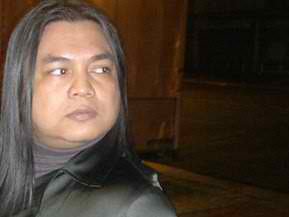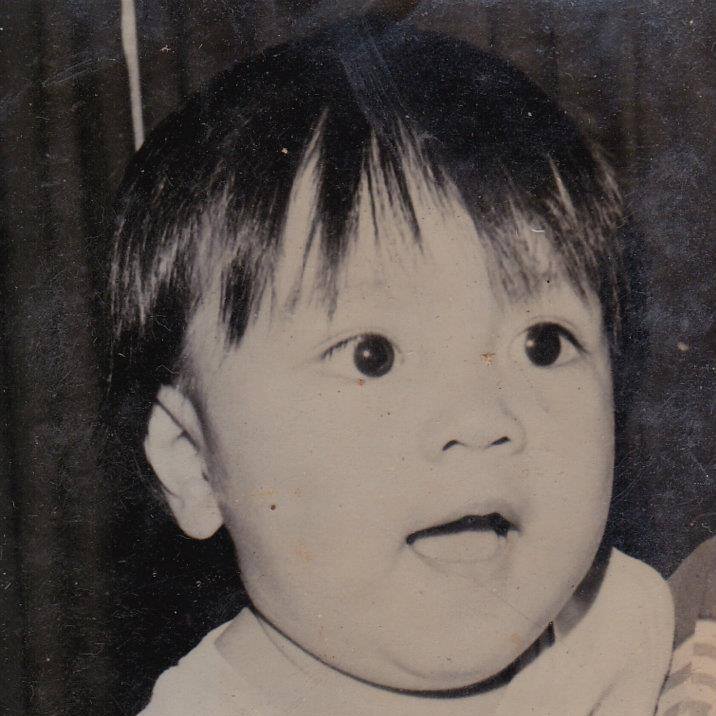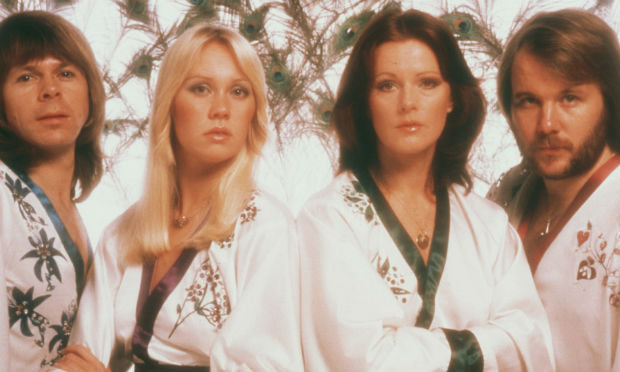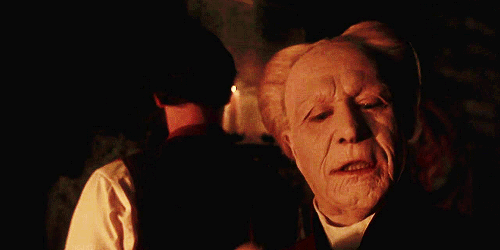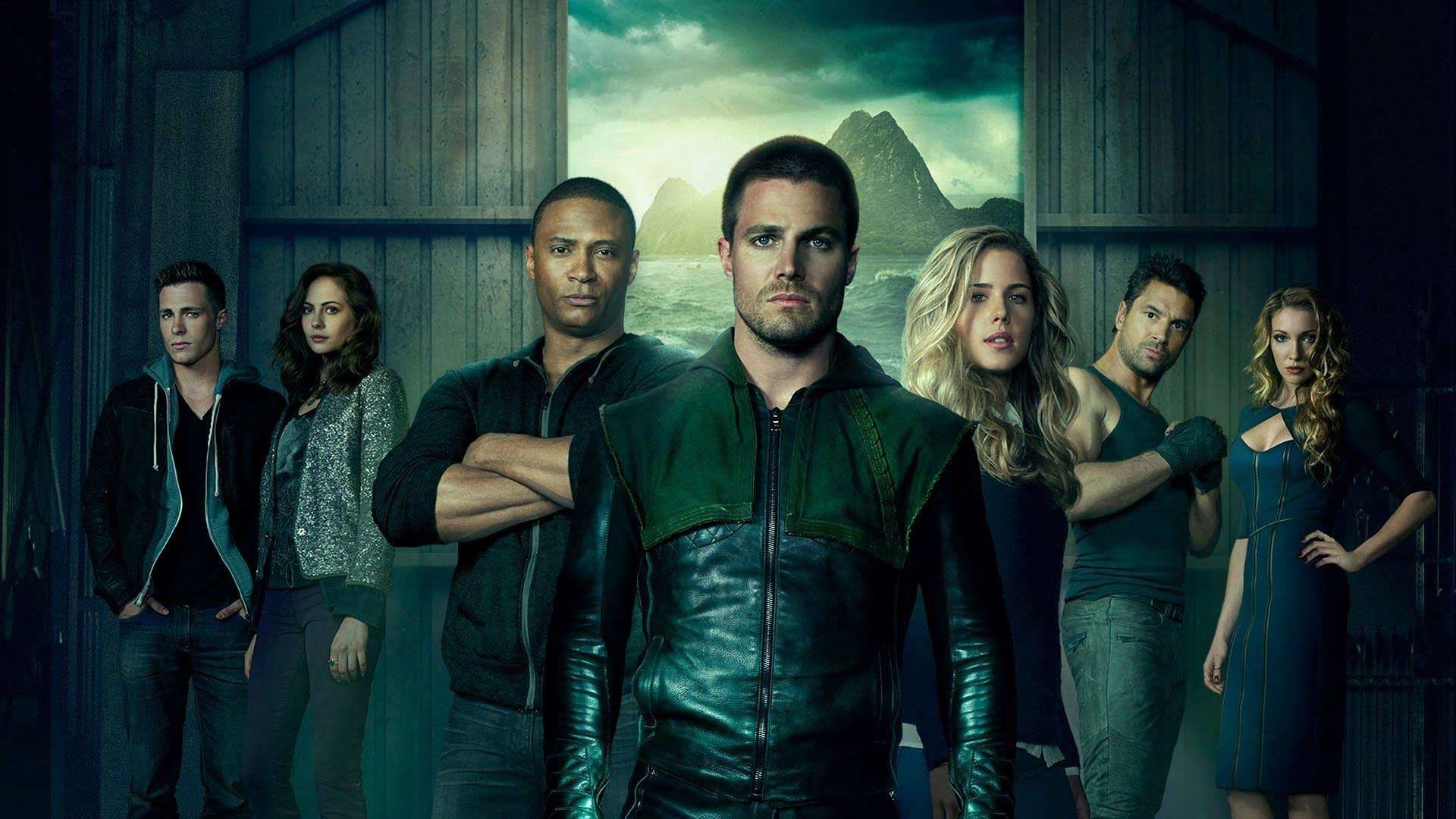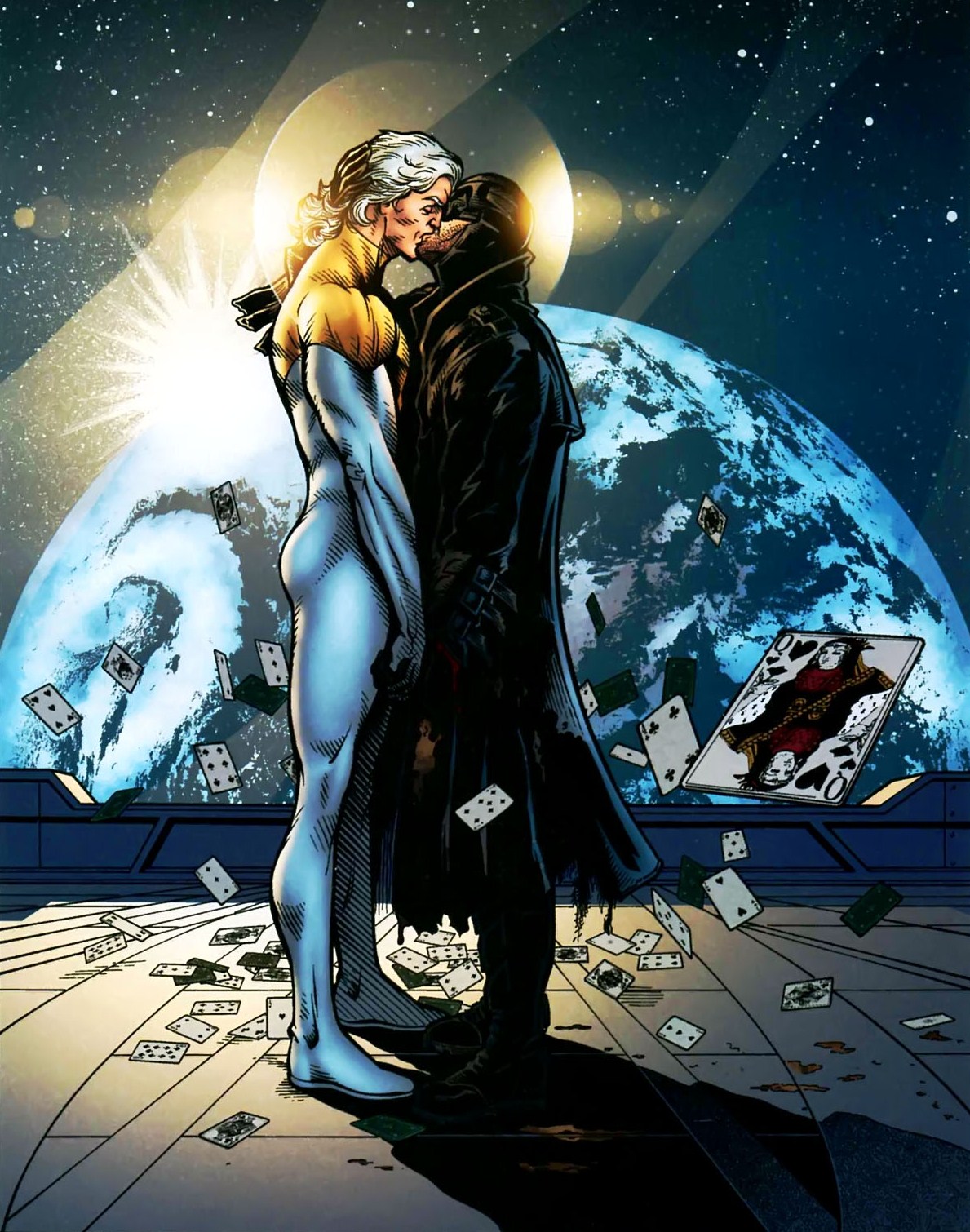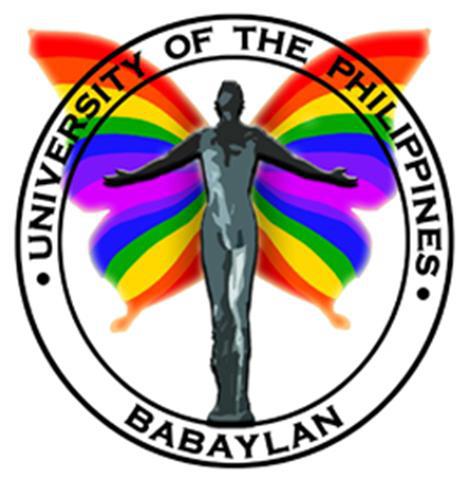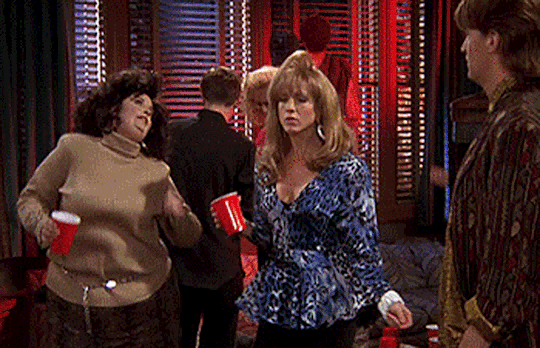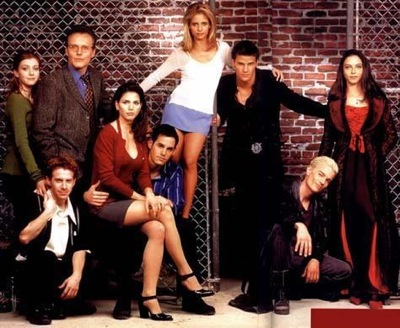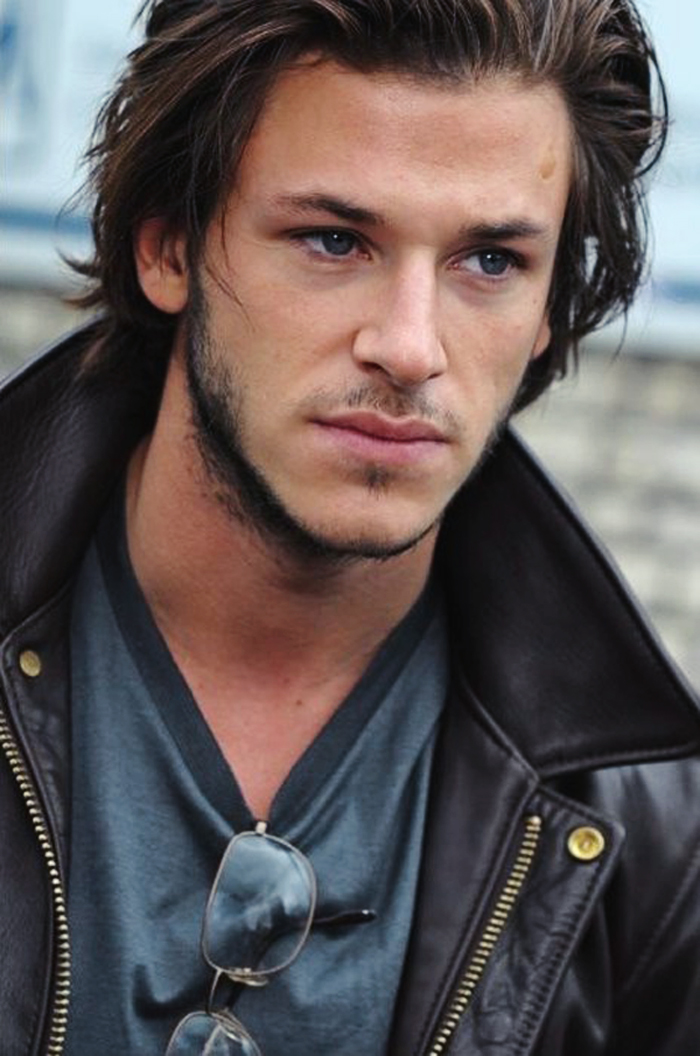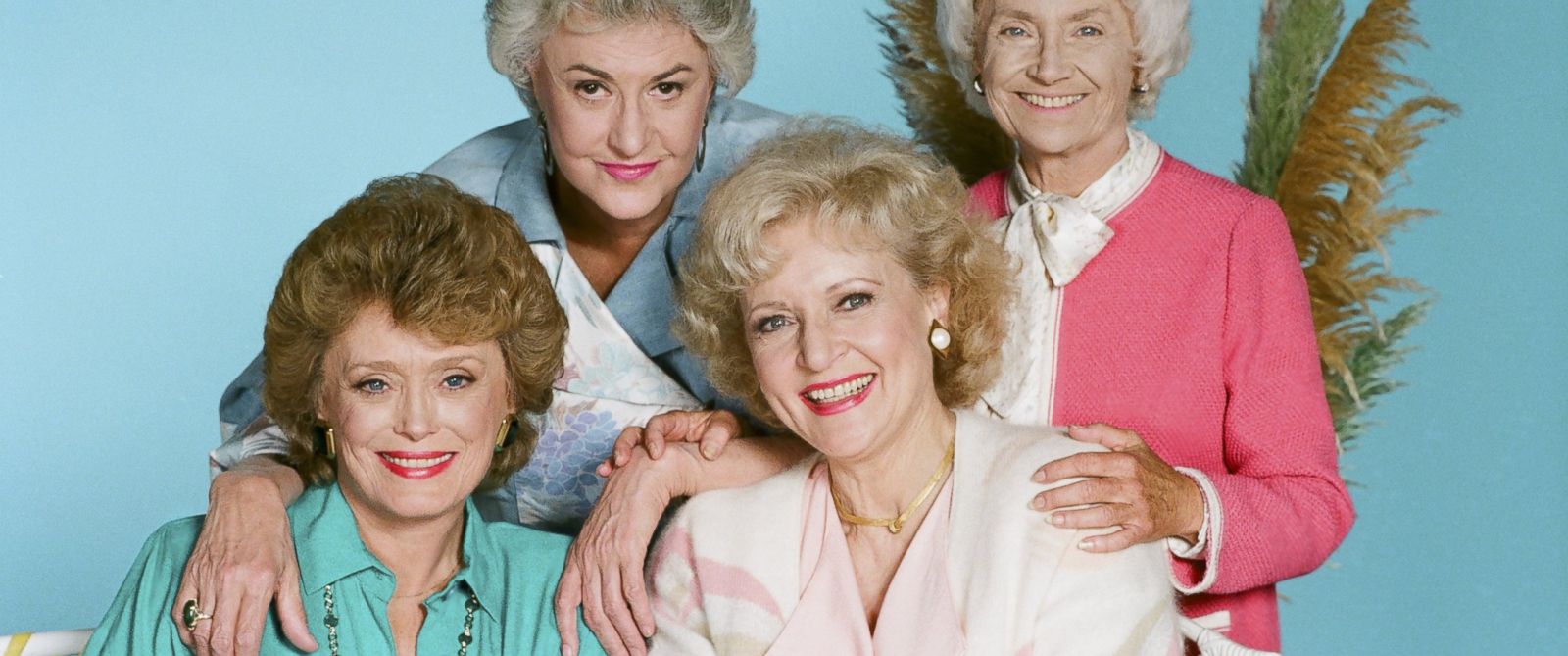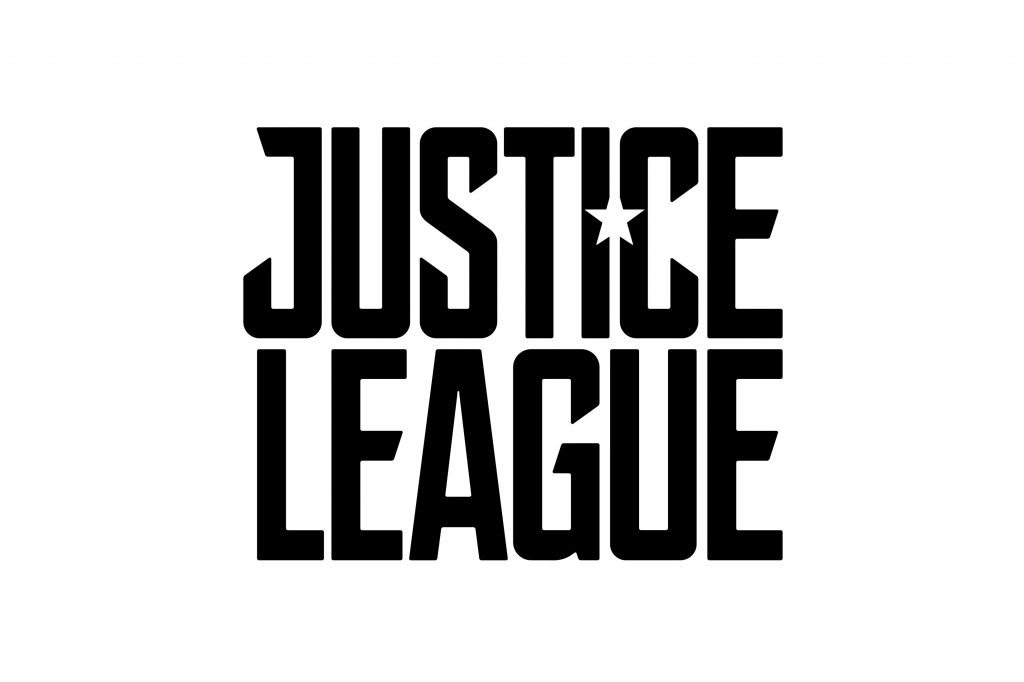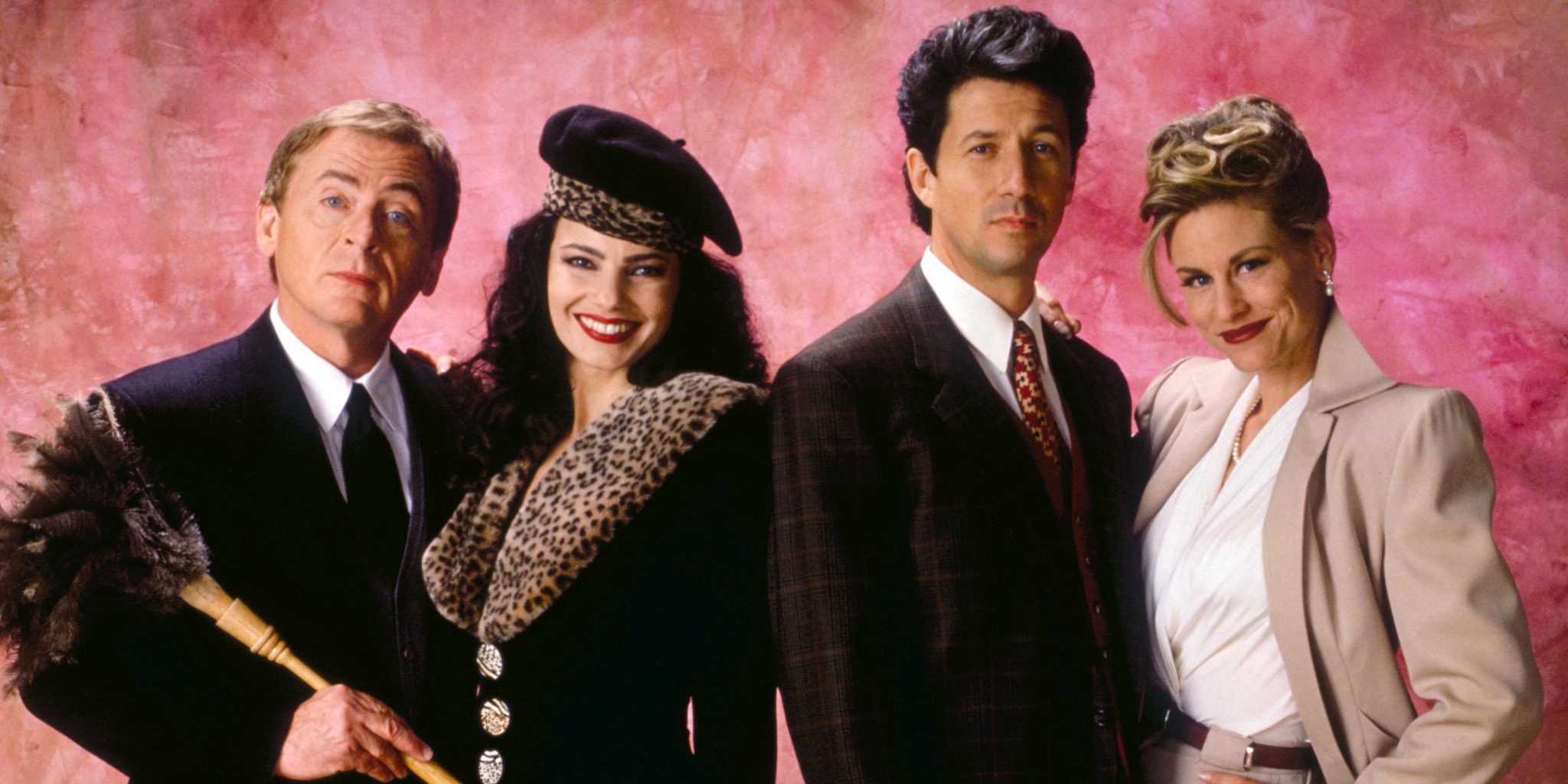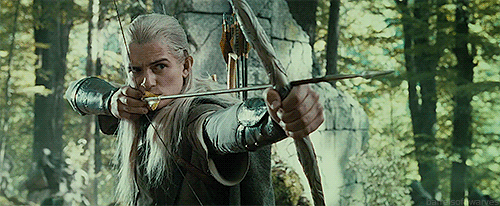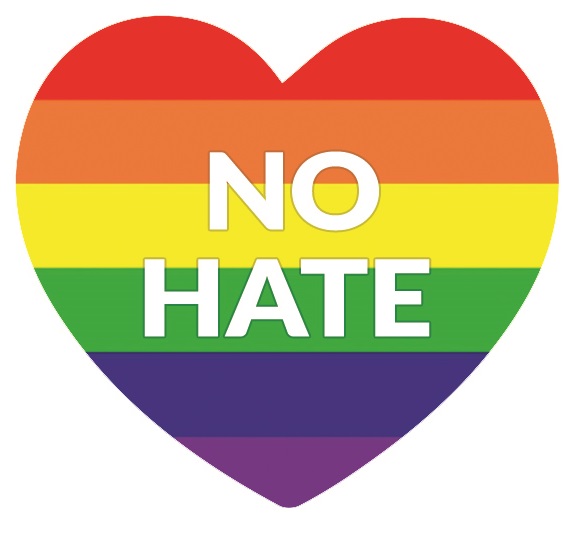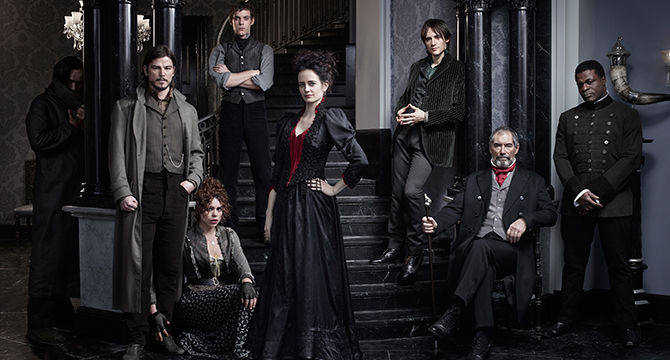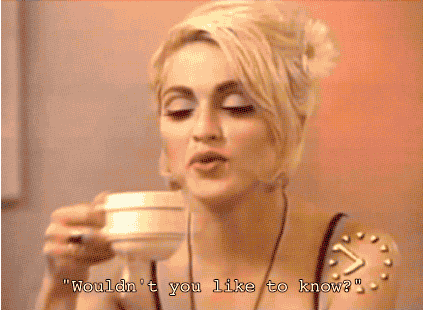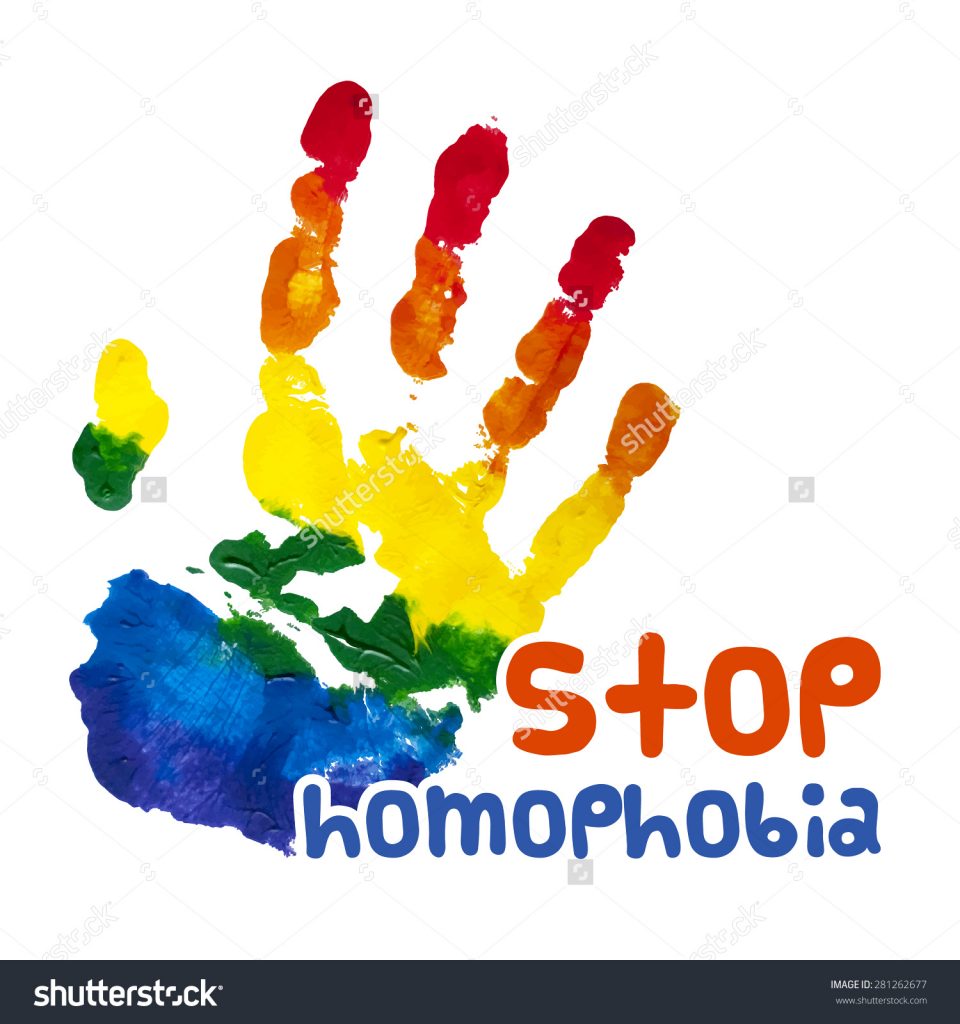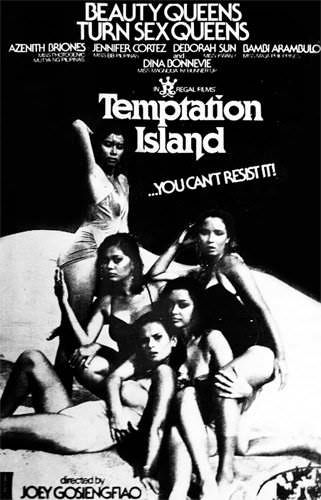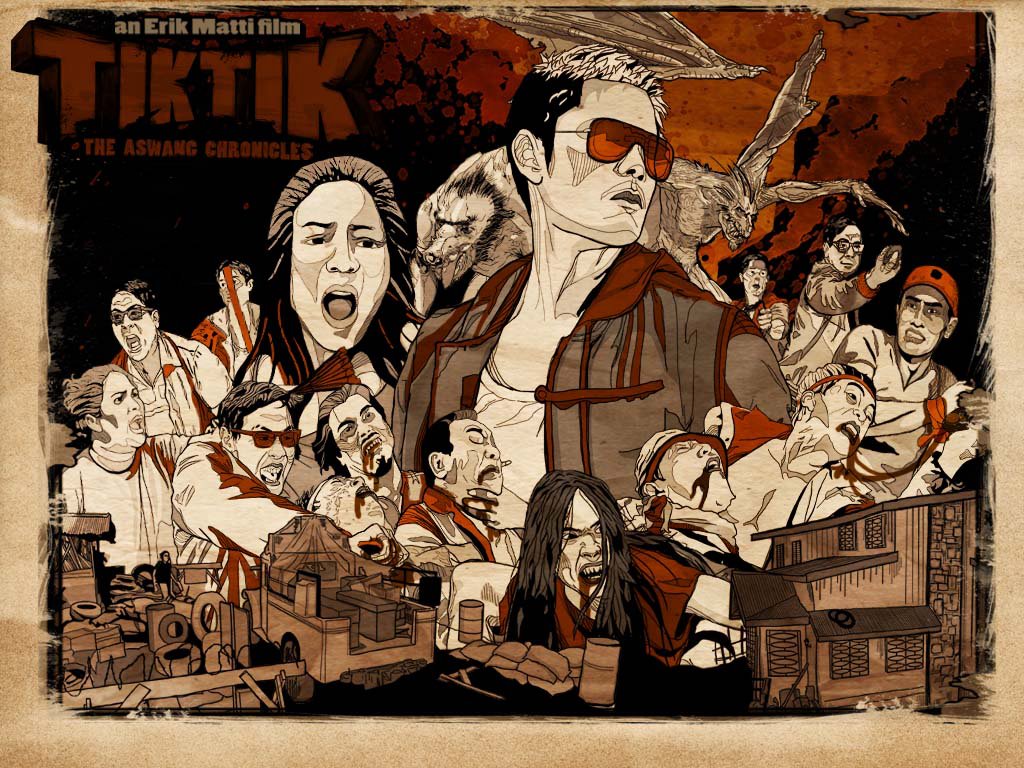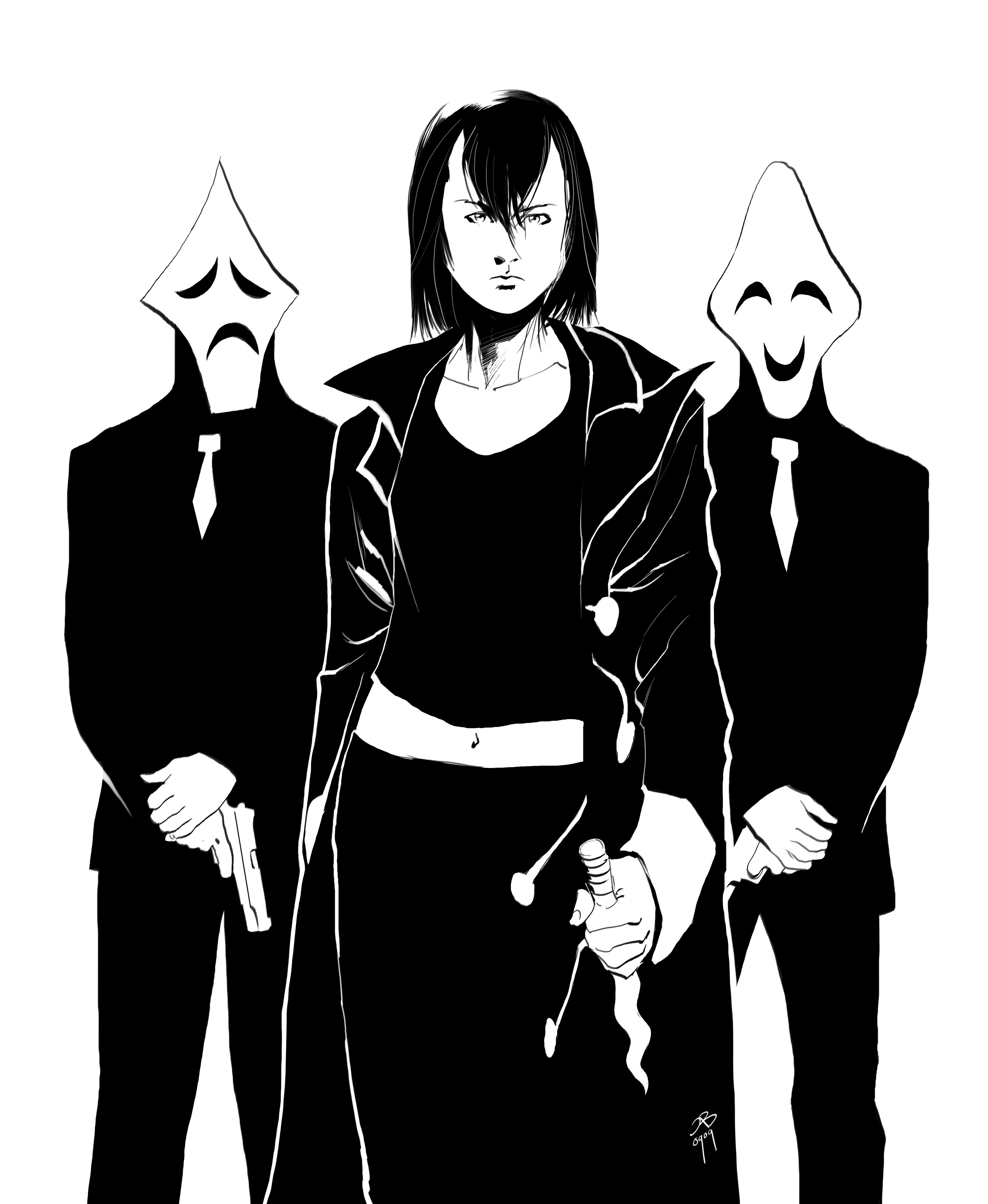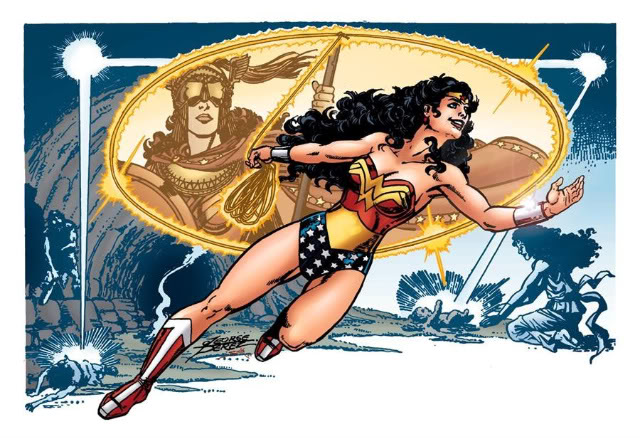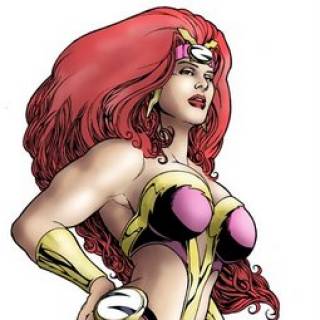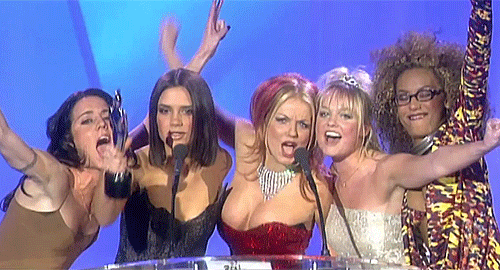Buffy Week, Day 1: Monsters Had Nightmares About Her
by allancarreon on Mar.25, 2017, under Film & TV, Geeky, Queer
Season 1 Credits
She may be dead, but she’s still pretty.
Okay, maybe not dead, but definitely no longer on the air.
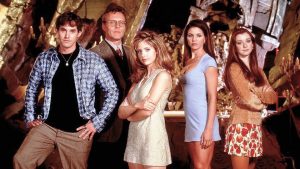 Buffy the Vampire Slayer remains to be my favorite genre TV show of all time. Perhaps even favorite TV show, period. Throughout seven seasons onscreen (and several more after through comics, plus the original movie), we saw this quirky concept gain a massive following which, to this day, remains to be an extremely loyal fanbase.
Buffy the Vampire Slayer remains to be my favorite genre TV show of all time. Perhaps even favorite TV show, period. Throughout seven seasons onscreen (and several more after through comics, plus the original movie), we saw this quirky concept gain a massive following which, to this day, remains to be an extremely loyal fanbase.
What Buffy did was transcend genre expectations. It turned the horror trope of “helpless girl who’s a victim with very little agency” on its head by instead giving us an empowered female protagonist who kicked the asses of vampires and demons while trying to have a normal teenage (and later, young adult) life. With lots of style and, more importantly, humor.
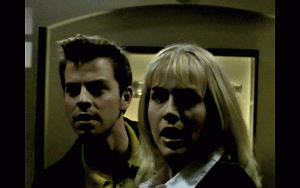 And it didn’t start and end with the gorgeous main protagonist.
And it didn’t start and end with the gorgeous main protagonist.
In the very beginning of the TV series, we see the familiar horror scene of some douchey, possibly-murdery young boy leading a seemingly-frightened young girl through the dark corridors of a high school at night. We expect possible assault and rape. We expect masculine aggression. We expect slimy and gruesome monsters to jump out at that them from the darkness. Then, when the coast is clear, it’s the girl who transforms into a vampire who kills the boy.
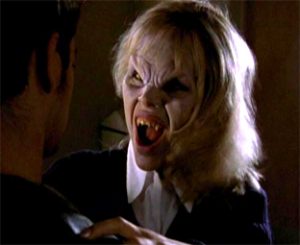 Yes, not your usual horror show.
Yes, not your usual horror show.
Throughout the years, we see the growth and development not just of Buffy, but also of Willow, and of Tara, and of Cordelia, and of Anya, and of Faith. And so many more.
And Buffy wasn’t just about female empowerment. No, it was a metaphor. It worked symbollically at all times, where the villain and/or conflict of the week reflected some real-life struggles that people faced. Whether it be predatory statutory rape (the She-Mantis), or addiction (the road to Dark Willow), or the coming out process (Willow/Tara), or the feeling of invisibility in a school where no one notices you (Marcie Ross), or the fear of young girls that their boyfriend will leave them and become a total asshole once they consent to sex (that entire Angel/Buffy/Angelus arc), Buffy made sure that the monsters speak of something true and real and ultimately relatable.
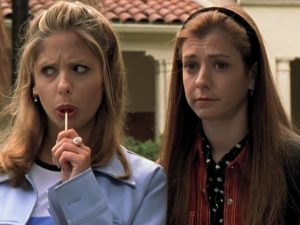 All while ensuring the message of empowerment is not lost – not just of women but also of the marginalized, the outcasts, the bullied, that we all know we can fight back against our oppressors.
All while ensuring the message of empowerment is not lost – not just of women but also of the marginalized, the outcasts, the bullied, that we all know we can fight back against our oppressors.
To echo Buffy, we can become the things that our monsters had nightmares about.
Plus, we learned the best Buffyspeak quips and comebacks and quotes which, quite frankly, we still use to this day.
Continued In:
Buffy Week, Day 2: Also, There’s A Really Big Snake.

















